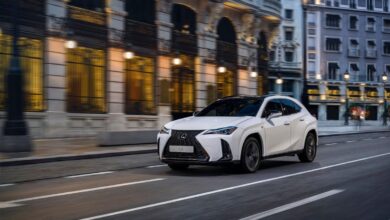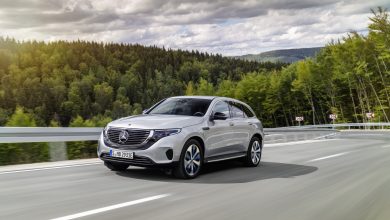Nissan tests paint technology to reduce cabin temperatures
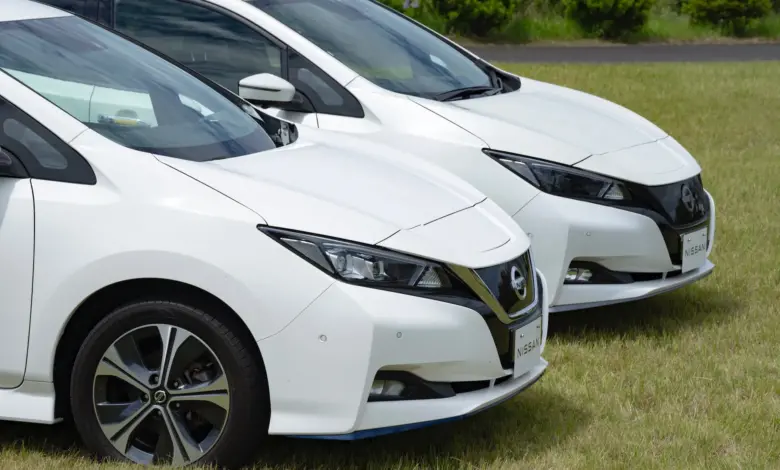
- A new paint could reduce temperatures in car cabins
- Lower cabin temperatures could reduce EV energy consumption
- Paint can be put into production, but must be by special order.
Nissan is testing paint that can help reduce cabin temperatures and reduce energy use from air conditioner
Combination paint “metamaterial”, a compound that contains two types of particles that react to light, according to Nissan. One particle reflects near-infrared rays from sunlight that normally cause heat-generating molecular vibrations in the paint resin. The other particle redirects the energy away from the surface via an electromagnetic beam.
Nissan claims that these two particles work together to reduce heat transfer to painted surfaces. When parked side by side in the sun, a car with a cooling coating showed 21.6 degrees Fahrenheit decrease According to the automaker, exterior surface temperatures and cabin temperatures drop by 9 degrees Fahrenheit.
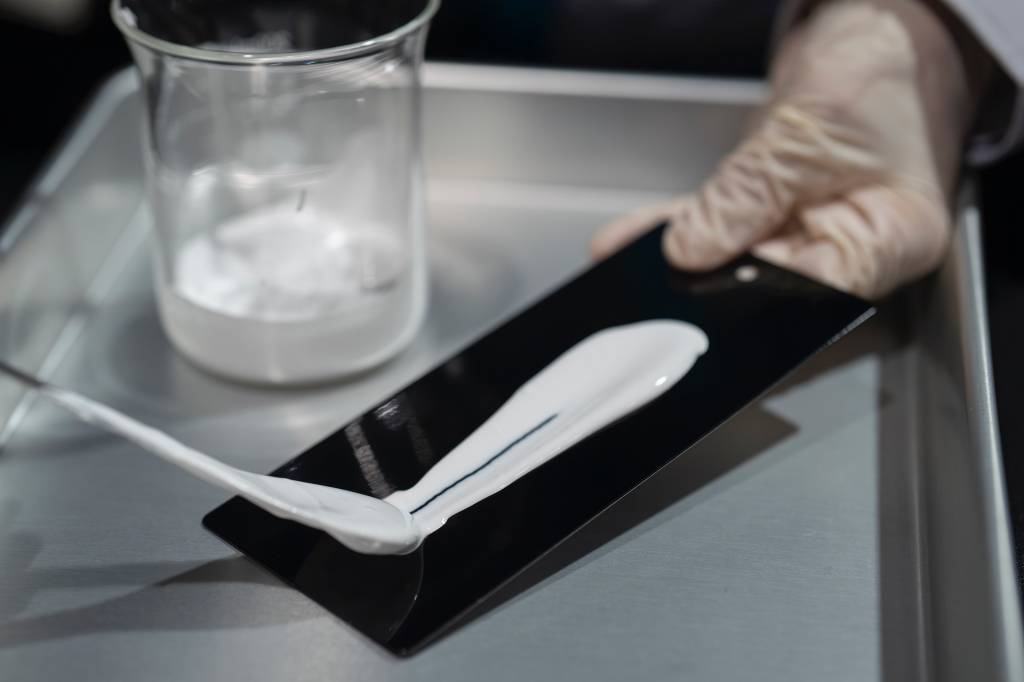
Nissan tests cool paint technology
Nissan notes that the paint’s ability to keep surfaces cooler is especially useful when the car is parked in the sun for long periods of time, as it requires less use of the air conditioning system to cool the interior. That reduce engine load in internal combustion cars and energy from batteries in electric cars.
This type of coolant paint isn’t new, but Nissan explains in the release that it’s typically only used on buildings. It’s typically very thick, requires a paint roller to apply, and doesn’t have a clear coat like automotive paint, leaving a chalky residue when touched.
Nissan began developing the car version in 2021, testing more than 100 prototypes. The current version, which Nissan began testing in November 2023 at Tokyo’s Haneda Airport in Japan, is about six times thicker than conventional car paint, at 120 microns. But it can still be applied with a spray gun and meets Nissan’s standards for resistance to peeling, scratching, salt and chemical damage, and repairability.
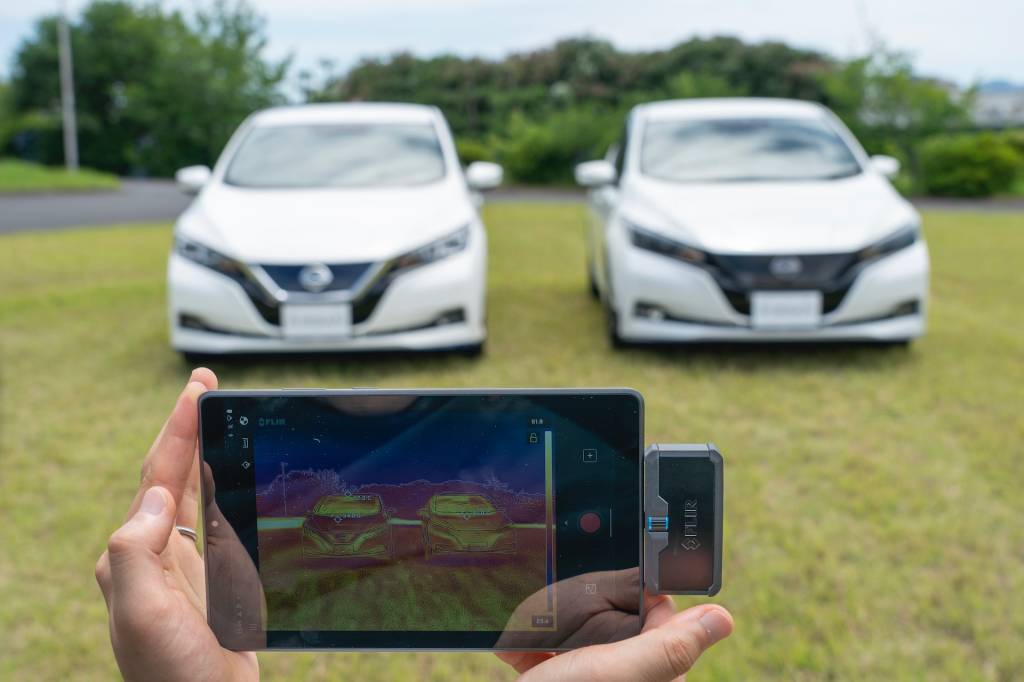
Nissan tests cool paint technology
Nissan will continue development work to create thinner versions of the paint with an eye toward use on production vehicles. However, it is likely that special order item For fleets that spend a lot of time outside, the automaker suggests.
In addition to the greater energy demand for continuous air conditioning use, EV batteries may decompose faster in hot weather. But they do not suddenly fail and keep people trapped. Steps like parking in the shade and leaving the battery half-charged if you have to leave your car outside in the heat can also help keep the battery safe and cool in high temperatures.


